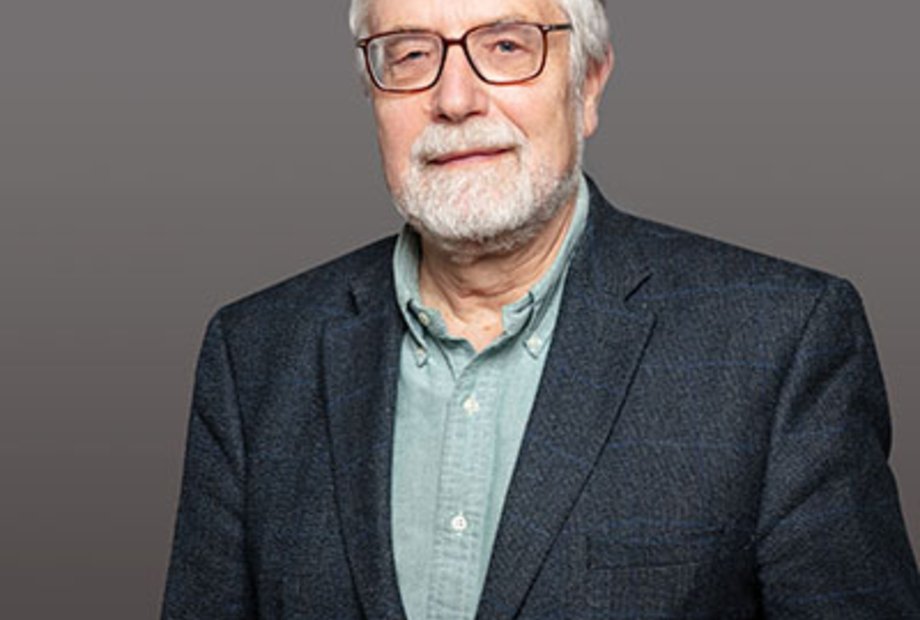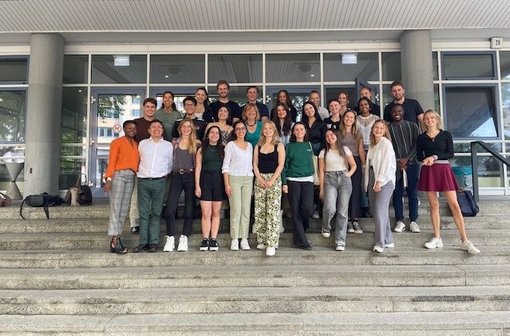Why are the topics from the founding years of German peace research relevant again today
During its beginnings in the latter half of the 1960s, peace research in Germany benefited from including the critical analysis of contemporary security policy in its agenda. The field even received support from the political establishment for this.
A good example of such support was the 1 July 1969 inaugural speech of the newly-elected Federal President Gustav Heinemann, who, from among all the problems and contradictions of his time, chose to name “the obligation to serve peace” as a priority. He went on to say: “Peace is the emergency in which we all have to prove ourselves....24 years after the Second World War, we are still faced with the task of reaching an understanding with our eastern neighbours as well. The all-round conversation about a secure peace throughout Europe is due and must come. ….. I appeal to the responsibility in the blocs and to the powers to seek their confidence in security not in the arms race, but in the meeting for common disarmament and arms limitation.”
The problems have remained (almost) the same
Were a Federal President to repeat these words almost identically today, he would not be incorrect. He would merely have to replace “our eastern neighbours” with “Russia” specifically and correct the number of years that have passed since the end of the Second World War.
But the lack of an all-round conversation about a secure peace in Europe should again be noted, as should the admonition directed at those politically responsible to focus on disarmament and arms limitation instead of rearmament. Arms expenditure is rising and is now at a higher level than during the Cold War. As in 1969, there are currently no treaty agreements on arms limitation in Europe. Both the Treaty on Conventional Armed Forces in Europe (CFE) and the Intermediate Range Nuclear Forces (INF) Treaty agreed in between have been terminated.
A new spirit in early-1970s peace and security policy
Gustav Heinemann's appeal was certainly heard at the time. It corresponded to the new spirit in peace and security policy that, in Germany, was embodied above all by Chancellor Willy Brandt and Egon Bahr, the chief architect of Brandt’s policy of détente. Their efforts were supported by the work of scholars from the emerging science of peace research. The research centre of the Association of German Scientists (VDW) in Hamburg under the direction of Carl Friedrich von Weizsäcker, the Hessian Foundation for Peace and Conflict Research in Frankfurt (HSFK) and, beginning in 1971, the Institute for Peace Research and Security Policy at the University of Hamburg (IFSH) provided an impetus and conducted studies that fell on fertile ground, both amongst the general public and political decision-makers.
The IFSH in particular concentrated on the most pressing problems between the East and the West. The first director of the IFSH, Wolf Graf von Baudissin, was particularly suited to this. As a former general, his proposals for arms limitation or, as he called it, “cooperative arms control”, carried particular weight, even among sceptics of the new policy of détente. The same was true of his efforts to engage in political and scientific dialogue with Russia.
Disarmament and arms control in Europe and dialogue with Russia are high on the political agenda again today. The development of politically viable ideas and concepts for a co-operative peace and security order in Europe and for disarmament and arms control remains highly relevant. Peace and security in Europe again depend on it.





